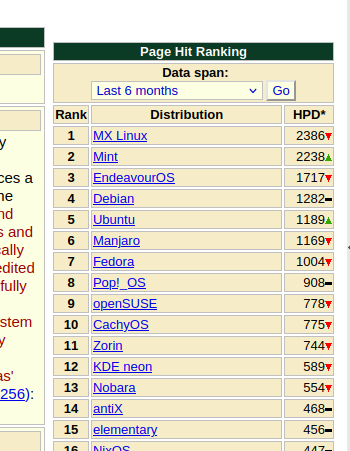I run ubuntu's server base headless install with a self-curated minimal set of gui packages on top of that (X11, awesome, pulse, thunar) but there's no reason you couldn't install kde with wayland. Building the system yourself gets you really far in the anti-bloatware dept, and the breadth of wiki/google/gpt based around Debian/Ubuntu means you can figure just about any issues out. I do this on a ~$200 eBay random old Dell + a 3050 6gb (slot power only).
For lighter gaming I'll use the Ubuntu PC directly, but for anything heavier I have a win11 PC in the basement that has no other task than to pipe steam over sunshine/moonlight
It is the best of both worlds.
